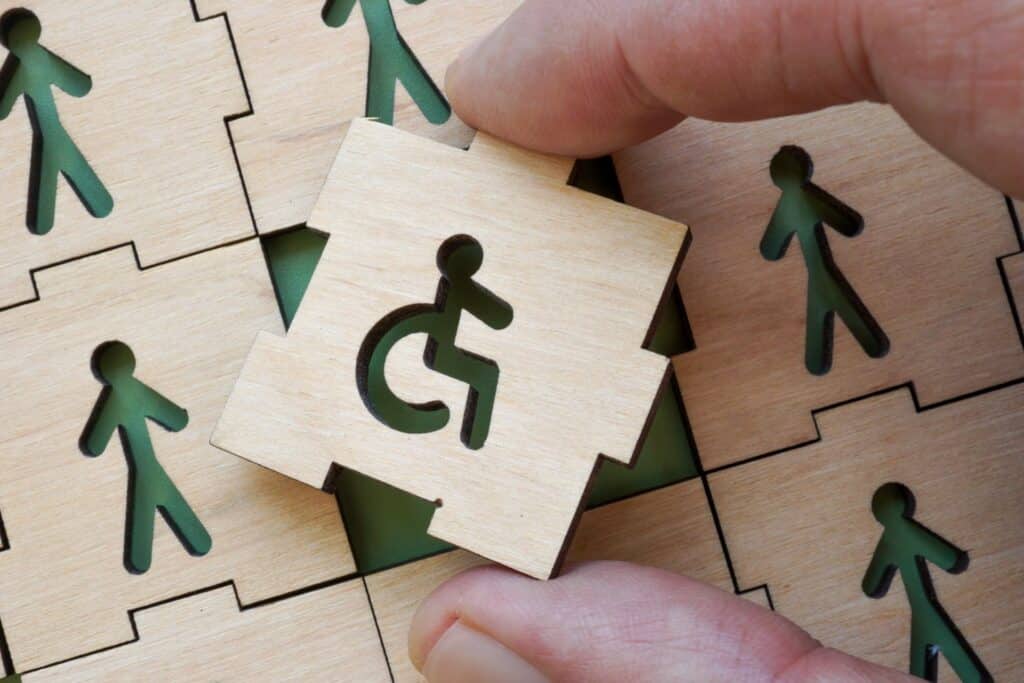The Fourth Amendment establishes a right to personal privacy. In simple terms, it means neither your person nor effects may be searched except upon probable cause (with the exception of a pat down search for weapons during a police encounter where a lesser “reasonable suspicion” standard applies) nor may your home or property be searched except based upon a warrant supported by probable cause issued by a judicial officer. Along with freedom of speech—including freedom of expression, the press, and of assembly—it is one of the two fundamental pillars upon which a Democracy depends and without which it cannot exist.
A recent decision by the federal First Circuit Court of Appeals has inflicted damage to both of these essential pillars of our Democracy. The decision in Alasaad v. Mayorkas, 988 F.3d 8 (1st Cir. 2021) basically says that any electronic device of anyone crossing a U.S. border—including U.S. citizens and permanent residents—are subject to seizure without any cause and the content thereof may be accessed and read
This decision means travelers basically lose all their Fourth and First Amendment privacy rights when crossing the border. What could be more intrusive on personal privacy than for the government to have access to your private texts, emails, pictures, contacts, and other sensitive information, without any obligation to show a need for such a monumental intrusion? This includes attorneys, doctors, and journalists. The decision overturns the lower court’s well-researched and well-reasoned decision and effectively grants authority for vast government intrusion into private information unrelated to the purposes of border officials’ responsibility of preventing dangerous people or contraband from entering the country. Not requiring probable cause or at least reasonable suspicion to seize and search a device simply allows a fishing expedition into anything, since no suspicion or cause is required.
Moreover, the decision appears to be contrary to that in an analogous situation in United States v. Ramsey, 431 U.S. 606, 624 (1977), where the Supreme Court addressed the authority to open sealed letters and held that “envelopes are opened at the border only when the customs officers have reason to believe they contain other than correspondence, while the reading of any correspondence inside the envelopes is forbidden.” Why should communications and other personal information contained in a phone or laptop be any different?
There is slim hope the Supreme Court will agree to hear the case and reverse based on the Ramsey precedent. Mainly because the Court only agrees to hear about 1% or so of appeals filed and also because the analogous precedent in Ramsey is technically not directly on point (it involved correspondence, not information on electronic devices).
So, why bother to write this article? To paraphrase Benjamin Franklin, “A society that would give up essential liberty for the sake of security deserves neither.” To paraphrase Edmund Burke, “All that is necessary for evil to triumph is for good people to do nothing.” Standing idly by while fundamental freedoms of our Democracy are undermined is a type of evil. The evil of indifference and lack of appreciation and respect for all those who sacrificed to forge and safeguard these pillars of our Democracy. If the Court fails to act, we do have recourse—Congress has the power to impose limits on the authority of governmental officials responsible for border security that exceed those provided under the Constitution. With the right to vote guaranteed by our Democracy, ultimately, we have the power to act—if we have the commitment and will to do so.
Richard A. Sinapi has been a practicing civil rights attorney in Rhode Island for over 37 years. You can learn more about our civil rights practice here. If you believe your civil rights may have been violated, you can submit a request for a free case evaluation here.






